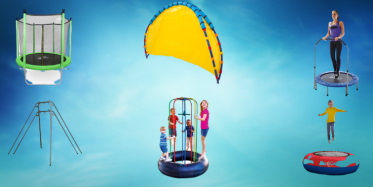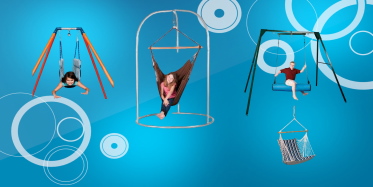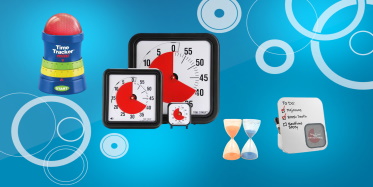Before prescribing ADHD medication the doctor needs to be sure that the symptoms displayed are not from the natural cognitive decline of old age or a different condition. Once there is a clear ADHD diagnosis a treatment plan can be created. ADHD treatment in older adults usually includes medication and therapy to help develop skills to manage ADHD symptoms. There are FDA-approved stimulant medicines for adult ADHD (Adderall XR, Focalin XR, Concerta, Vyvanse, etc.) and non-stimulant medication (Strattera).
These medications are officially approved for adults up to 55-65 years old, however, they can be prescribed to older ADHD patients with on-going medical supervision.
Read in this guide:
-
-
- Treating ADHD in Seniors – Medication
- Managing ADHD Symptoms in the Golden Years
- Can seniors have ADHD?
- Does ADHD get worse with old age?
- Can adults develop ADHD later in life?
-
















